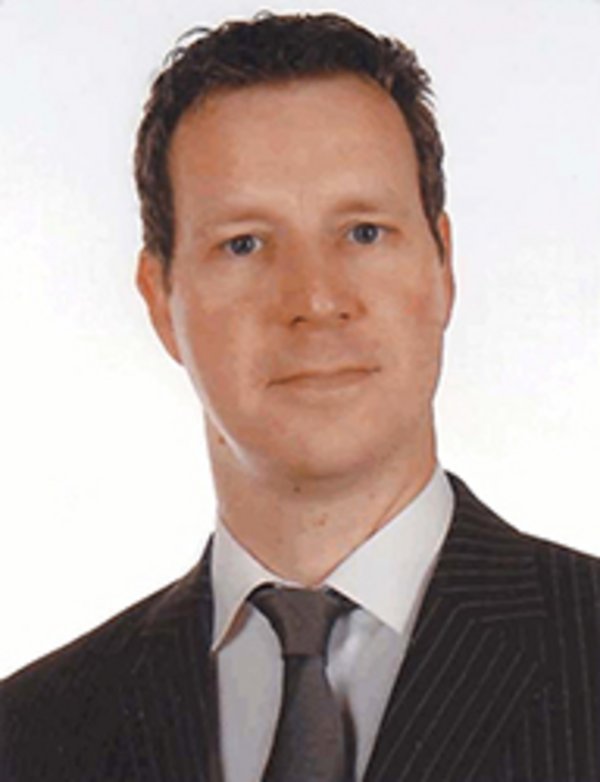Kontakt
Prof. Dr.-Ing. Matthias Förster
Contact
-
05.02.10

Other
Subject area: Electrical Drives, Actuators, Power Electronics
Lehrveranstaltungen
Power electronics is a subarea of electrical engineering. It is the digital technology, which regulates and controls the electrical energy as well as the conversion of energy. For this reason, the power electronics is the connection between information engineering and automation engineering. The power electronics is an important component of electrical drive systems.
Actuators are the connection between the electrical control systems and the mechanical movement. For example, the energy flow can be controlled by using actuators. There are different kinds of movement generations. Both directions of energy conversions are taken into consideration. This course treats electro-magnetic and piezoelectric actuators in different applications.
This course deals with the control of an asynchronous motor with a frequency inverter and a dc-motor with a line-commutated converter. This includes the introduction and implementation of the initial operation and the start-up of the complete drive system. Furthermore, power and electromagnetic compatibility measurements are taken at different points of the drive system and the whole power flow will be analysed.
The course deals with the fundamentals of electrical machines, driving mechanics and the dimensioning of drive systems. The functionality, the mode of operation and the mathematical description of dc- and ac-motors is explained. Furthermore, the power electronics for each drive will be presented. At the end the control of electrical machines is introduced.
The course deals with the modelling, evaluation and simulation of electro-mechanical systems (electro-magnetic and piezoelectric actuators with a mechanical load). In this connection the mathematical description is shown in different ways (e.g. electro-mechanical networks or transfer functions). Furthermore, the analogy observation between electrical and mechanical networks will be presented.
The course deals with the control of servo motors. They are controlled in position, speed as well as the torque or force. Different kinds of electrical machines can be used as servo motors. Especially the field-oriented control will be discussed and the dimensioning of each control loop presented. In addition to this the knowledge regarding the driving mechanics and dimensioning of drive systems will be extended.
This course deals with the fundamentals, the behaviour and the calculations of sinusoidal and non-sinusoidal waveforms. The characteristics and different kinds of depiction will be explained. Furthermore, the electrical networks with complex resistance and conductance as well as the network analysis with complex pointers will be discussed. The calculation of the power respect to sinusoidal values and additionally the three-phase system will be treated. At the end the description from networks in the frequency domain and an introduction into filter circuits are presented.
Forschung
The research in the department of electrical drives, actuators and power electronics concentrates on the control and mode of operation of electrical machines.
Research Topics:
- Senseless control of electrical machines
- New concepts for the control of electrical machines a mechanical system
- Parameter estimation of electrical machines
- Simulation of mechanical Systems
- Tuning for control loops